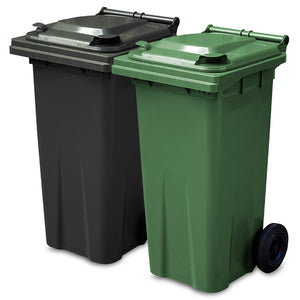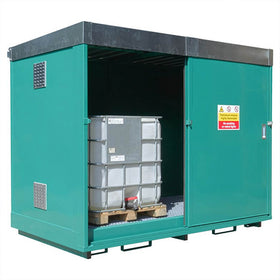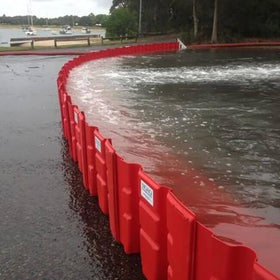Future oil spills could be cleaned using magnets
Researchers at the prestigious American university MIT believe they have discovered a new method of separating oil from water, by using tiny magnetic particles. Following the disastrous BP Deepwater Horizon spill in 2009, scientists worldwide have been looking at new and innovative ways of designing marine absorbents for use after an oil spill. From ingredients found in peanut butter and chocolate to magnetic soap, researchers have been attempting to find alternatives to the chemical dispersants that are currently used such as Corexit, which some claim prolonged exposure to can have detrimental effects on the health of people and animals.
So MIT’s Electrical Engineering Professor Markus Zahn sought to discover a new method of oil and water separation through the use of water repellent ferrous nano-particles. The idea that Zahn and his colleagues have proposed is that by sucking up the contaminated water onto an oil recovery vessel they will be able to mix the ferrous nano-particles with the oil. The oil will effectively become magnetised and will bond with the particles allowing the oil to be separated from the water.
As soon as the oil has been extracted, the once contaminated water can be put back into the sea and the oil can be taken back to land to be stored and sold on. The beautiful simplicity of this technique allows for all the components of the system to be recycled, including the nano-particles that can be cleaned and reused.
The scientists from MIT will be presenting their patents at the International Conference on Magnetic Fluids in January. If this new method is successful then the long term implications could be vast with far less energy being used to separate the oil from water and with a much increased efficiency.




